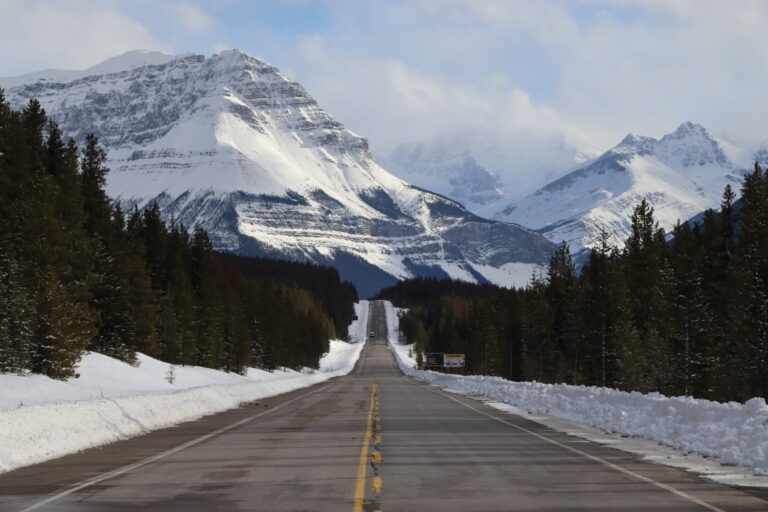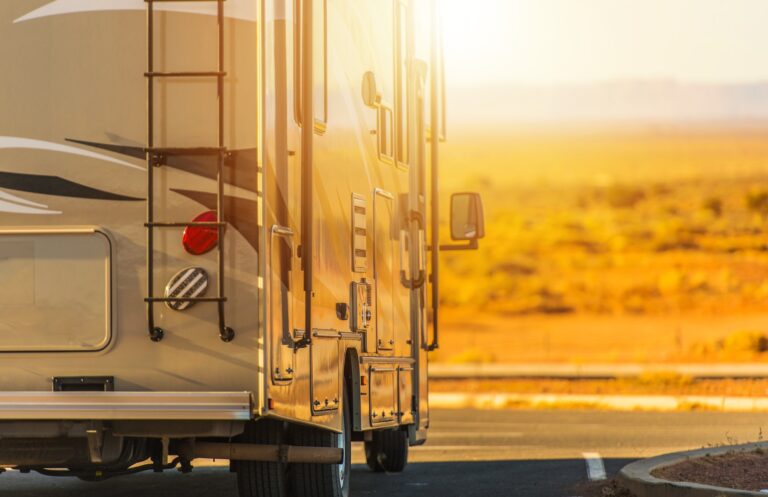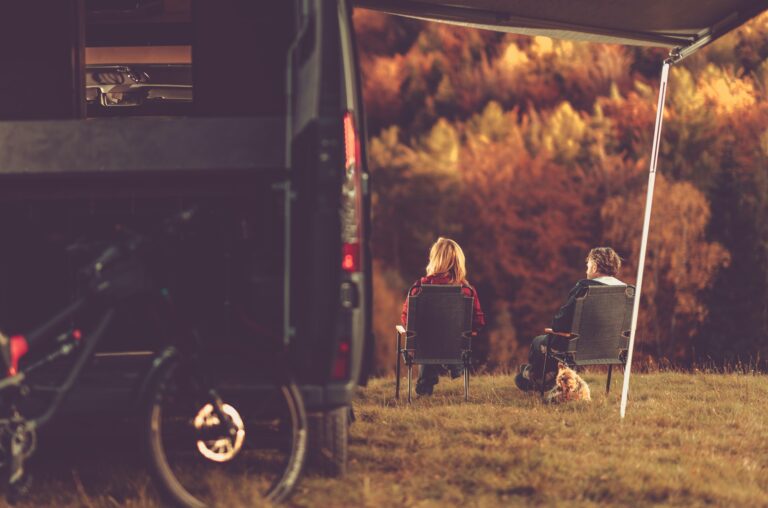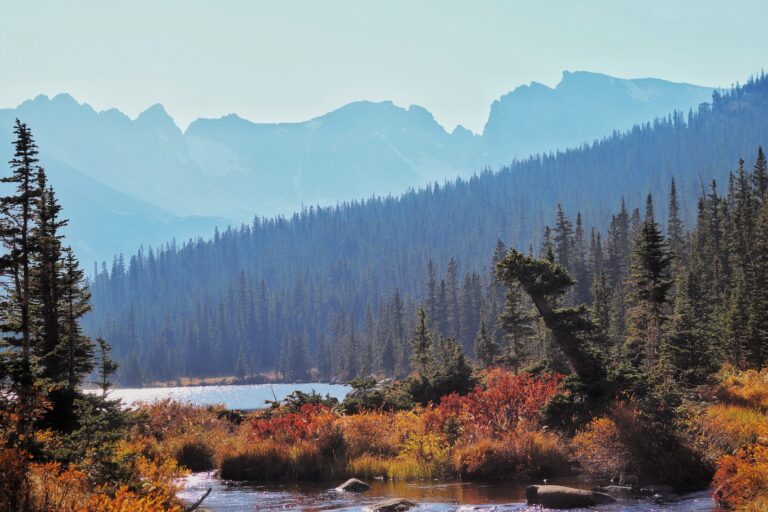Does the thought of leaving behind your daily routine and hitting the open road in an RV sound like a dream come true? If so, you’re not alone. RVing has become increasingly popular in recent years, with more and more people turning to this affordable and flexible way of traveling. However, as with any trip, timing is everything. In this blog post, we will discuss the best times to go RVing, factoring in weather, crowds, and other considerations.
Introduction
Recreational vehicles, or RVs, provide the unique opportunity to combine the freedom of the open road with the comforts of home. Whether you’re an experienced RVer or a novice looking to dip your toes into the world of RV travel, choosing the right time to hit the road can make all the difference in your overall experience. From avoiding peak season crowds to finding the best weather conditions, here are our top tips for planning your next RV adventure.
1. Consider the Seasons
One of the most important factors to consider when planning your RV trip is the season. Each season comes with its own set of advantages and disadvantages, so it’s essential to consider your preferences and priorities.
Spring (March to May)
Pros:
- Mild temperatures
- Beautiful blooming flowers and lush landscapes
- Wildlife sightings
Cons:
- Unpredictable weather
- Allergy season
Spring is a fantastic time to go RVing, especially if you want to avoid the scorching heat of summer or the freezing cold of winter. The temperatures during spring tend to be mild and comfortable, making it a pleasant time to explore the great outdoors. Additionally, you’ll be treated to the sight of blooming flowers and lush landscapes, perfect for nature lovers and photographers alike. Spring is also a great time for wildlife sightings, as many animals are emerging from their winter hibernation.
However, spring weather can be unpredictable, with the potential for rain showers and even late-season snow in some areas. If you suffer from allergies, be aware that pollen counts can be high during spring, which may impact your comfort during your trip.
Summer (June to August)
Pros:
- Warm weather
- Long days with plenty of sunlight
- Ideal for water activities
Cons:
- Peak season crowds
- High temperatures
Summertime is undoubtedly the most popular season for RVing, and it’s not hard to see why. The warm weather and long days provide ample opportunity to explore the outdoors, and it’s the perfect time for water activities like swimming, fishing, and boating.
However, the summer months also bring peak season crowds, which can lead to overcrowded campgrounds and tourist attractions. If you’re looking to escape the hustle and bustle, consider traveling during the shoulder seasons (spring and fall) instead. Additionally, high temperatures can make RVing uncomfortable, particularly in the southern regions, so plan accordingly and make sure your RV has a functioning air conditioning system.
Fall (September to November)
Pros:
- Cooler temperatures
- Stunning fall foliage
- Fewer crowds
Cons:
- Unpredictable weather
- Shorter days
If you’re looking for a more peaceful RVing experience, fall is an excellent choice. The cooler temperatures make for comfortable exploring, and the stunning fall foliage creates a picturesque backdrop for your adventures. As the summer crowds dissipate, you’ll enjoy more serene campgrounds and attractions.
Keep in mind, though, that fall weather can be unpredictable, with the chance of rain or even early snow in some areas. Additionally, the days start to get shorter, so plan your activities to make the most of the available daylight.
Winter (December to February)
Pros:
- Snowy landscapes
- Winter sports opportunities
- Lower rates and fewer crowds
Cons:
- Cold temperatures
- Limited campground availability
Winter RVing is not for the faint of heart, but if you’re up for the challenge, it can be a magical experience. Snowy landscapes provide a serene setting for your travels, and winter sports enthusiasts will revel in the opportunities for skiing, snowboarding, and snowshoeing.
However, winter RVing comes with its challenges, including cold temperatures and limited campground availability. Many campgrounds close for the winter season, so be sure to research your options ahead of time. Additionally, ensure your RV is winterized and equipped with proper heating systems to keep you cozy during those chilly nights.
2. Factor in School Holidays and Long Weekends
When planning your RV trip, it’s essential to consider school holidays and long weekends. These periods tend to be busier, as families take advantage of the time off to travel. If you’re looking to avoid the crowds, try to plan your trip outside of these busy periods. Conversely, if you’re traveling with kids and need to work around their school schedule, be sure to book campgrounds and attractions well in advance to secure your spot.
3. Take Advantage of Off-Peak Discounts
Traveling during off-peak periods can not only help you avoid the crowds but also save you money. Many campgrounds and RV parks offer discounted rates during the shoulder seasons (spring and fall) or even during the winter months. Additionally, attractions and activities may have lower prices or special promotions during these times. Do some research and take advantage of these deals to make your RV trip more affordable.
4. Consider Regional Factors
When planning your RV trip, it’s essential to consider the specific region you’ll be visiting. Different areas have their own unique factors that influence the best time to visit, such as local festivals and events, weather patterns, and peak tourist seasons.
For example, if you’re planning a trip to New England, fall is an ideal time to visit, as you’ll be treated to the region’s famous fall foliage. If you’re heading to the Southwest, consider traveling during the winter months, when the temperatures are more comfortable for exploring the region’s national parks and desert landscapes.
Be sure to research your destination and take these regional factors into account when planning your RV adventure.
5. Match Your Interests to the Season
Finally, think about your personal interests and how they align with the seasons. If you’re an avid hiker, spring and fall may be the best times for you to hit the road, as the temperatures are more comfortable for exploring the great outdoors. If you’re a beach bum, the summer months will provide the perfect opportunity to soak up the sun and enjoy water activities.
Consider your hobbies and the activities you’d like to participate in during your RV trip, and plan your adventure accordingly.
Conclusion
Ultimately, the best time to go RVing is subjective and depends on your personal preferences and priorities. By considering factors such as the seasons, school holidays, off-peak discounts, regional factors, and your interests, you can plan a memorable RV trip that suits your needs.
Whether you’re a seasoned RVer or a first-timer, embarking on an RV adventure can be an exciting and rewarding experience. With a bit of planning and flexibility, you can hit the open road at the perfect time, ensuring a trip filled with unforgettable memories and breathtaking scenery. Happy RVing!






